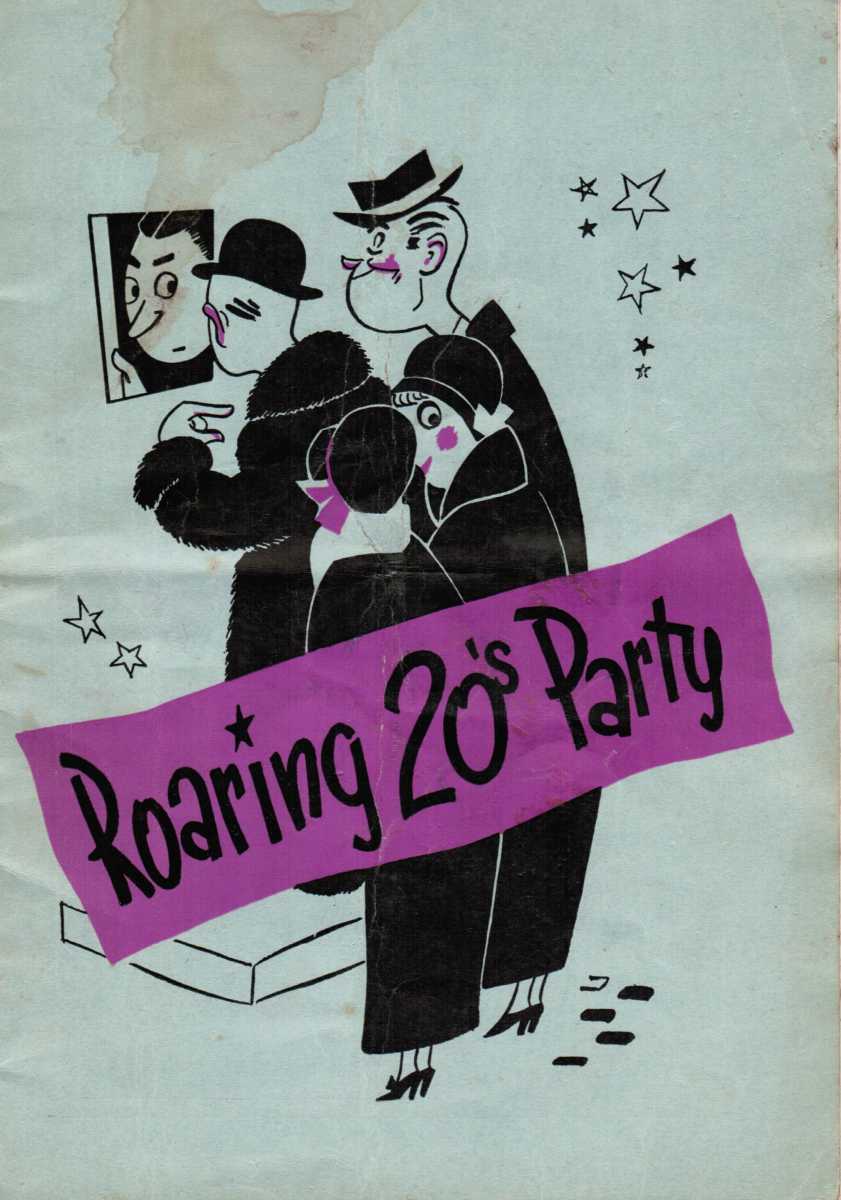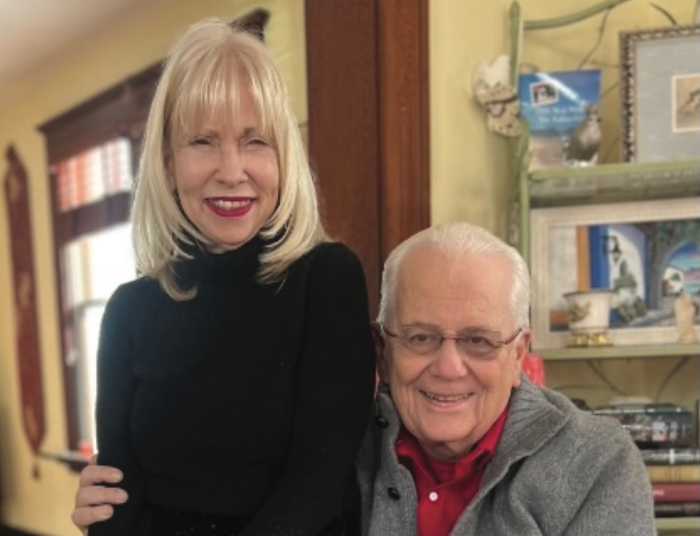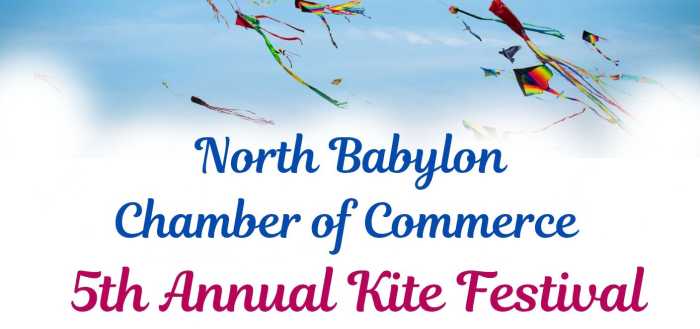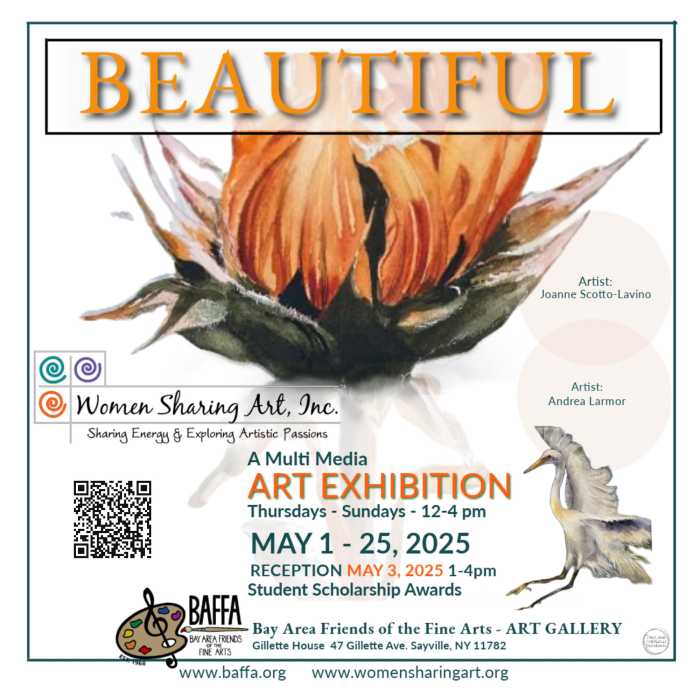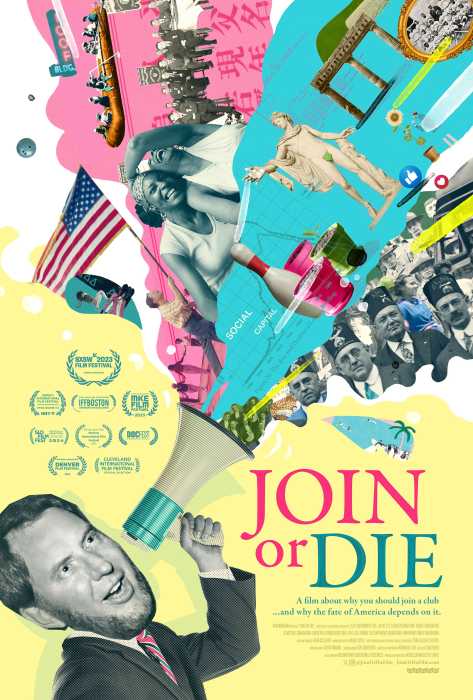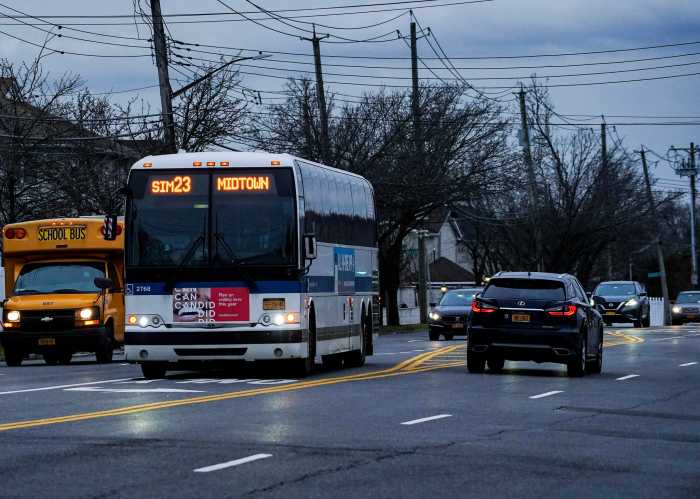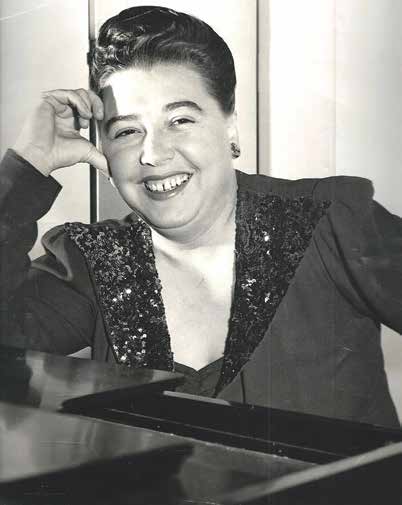
Women have always been instrumental in advancing the civic life of Cherry Grove. Bertha “Spivy La Voe” Levine (1906 – 1971) is one of the lesser-known contributors to this evolution. Spivy, as she chose to be known and a lesbian in her private life, was famous in the elite gay nightclubbing world of the late 1930s. She was a pianist, singer, and later a recording artist, stage, and television actress. Her piano compositions satirized New York City’s elite. In 1939, the New York Times wrote, “Spivy’s material, witty, acid, and tragicomic, is better than most of the essays one hears about town…, a sophisticated artist on her own grounds. She knows the value of surprise in punching a line, she uses understatement unerringly, and her piano accompaniment is superb.”
In 1940, she opened Spivy’s Roof in the 139 East 57th Street penthouse. The club quickly became one of several elite night clubs heavily—but covertly—patronized by gay men and lesbians. Entertainers in the 1940s at Spivy’s Roof included internationally renowned Jazz and cabaret singer Mabel Mercer. Also, Liberace and Paul Lynde appeared there at the start of their careers.
In 1948, the newly formed ‘Art Project’ committee of the Cherry Grove Property Owners Association began fundraising to build a theater addition to the community house. Two theme events, a “Halloween Costume Party” and a “Roaring ‘20s Party”, were held at Spivy’s Roof. The October 31 party drew a capacity attendance. Richard Avedon, the famous fashion photographer, snapped everyone in costume. Avedon donated all the revenue from selling his pictures to the theater fundraiser.
Dorothy Kilgallen, in her syndicated newspaper column “The Voice of Broadway,” promoted the “Roaring 20’s Party” held at Spivy’s Roof. The penthouse nightclub was “converted into a speakeasy…complete with peekaboo door guards to identify incoming patrons, liquor served in coffee cups and a roaring twenties review starring Helen Kane, Poli Negri, Gloria Swanson, and Louise Groody and sponsored by a group of stage folk to finance a summer theater at Cherry Grove, Fire Island.”
The cover page of the event’s sponsors/advertisers journal contains a cartoon illustration of two couples. The men are dressed in 1920s formal and raccoon coats. Topping their respective costumes are a bowler and a roadster hat. They accompany two rouged-cheeked women wearing rolled-collar, ankle-length coats and cloche hats. The couples seek admission to a speakeasy from a character suspiciously eyeing them through the bar door’s peephole viewer.
Spivy’s Roof was likely chosen due to the intersection of Cherry Grove’s cabaret-wise crowd and those who had experienced the nightclub’s subaltern attractions. Entertainers at the club on Sunday, November 21 included popular songstress Helen Kane (1904 – 1966). Her signature song was “I Wanna Be Loved by You.” Kane dubbed it for Debbie Reynolds in the MGM musical “Three Little Words” (1950). Mary McCarty (1923 – 1980), a torch song singer in 1930s nightclubs, was the lesbian life partner of movie actress Margaret Lindsey. McCarty originated the role of Maisie Doll in the Irving Berlin hit “Miss Liberty” (1949). Adelaide Hall (1901 – 1992) was a major entertainer of the Harlem Renaissance. She pioneered scat singing with Louis Armstrong. Louise Groody (1897–1961), an American Broadway musical comedy star of the 1920s, introduced the song “Tea for Two” to New York audiences in the musical “No, No, Nanette.” Libby Holman (1904 – 1971), an American torch song singer and stage actress, “The Little Show” (1929), introduced the blues number “Moanin’ Low” by Ralph Rainger. The song became synonymous with her. Holman enjoyed a variety of intimate relationships with both men and women throughout her lifetime. All the entertainers were accompanied on the piano by Larry Carr (1915-1987), a singer, record producer, and writer of film music. Carr appeared in Hollywood supper clubs in the 1940s and became a close friend to Margaret Whiting. He recorded the album, “Fit as a Fiddle,” shortly before his death.
The Cherry Grove locals who went to town to attend the Roaring 20’s Party were Mr. and Mrs. John C. Koman, Mr. and Mrs. William Paffrath, Mrs. William Munkelwitz (Bob Munnell’s mother), Miss Florence (“Flossie”) Fraischer, Robert Thornhill, John Whitall, and Mr. and Mrs. Fred Swanson of Blue Point. They told The Suffolk County News they enjoyed a most successful party.
The original contributors to the theater building fund were women and men, including 60 property owners and 130 renters, friends, and guests. Their shared vision and common goal brought seemingly divergent and sometimes oppositional people together. The present-day Cherry Grove Community House and Theater is their legacy.



